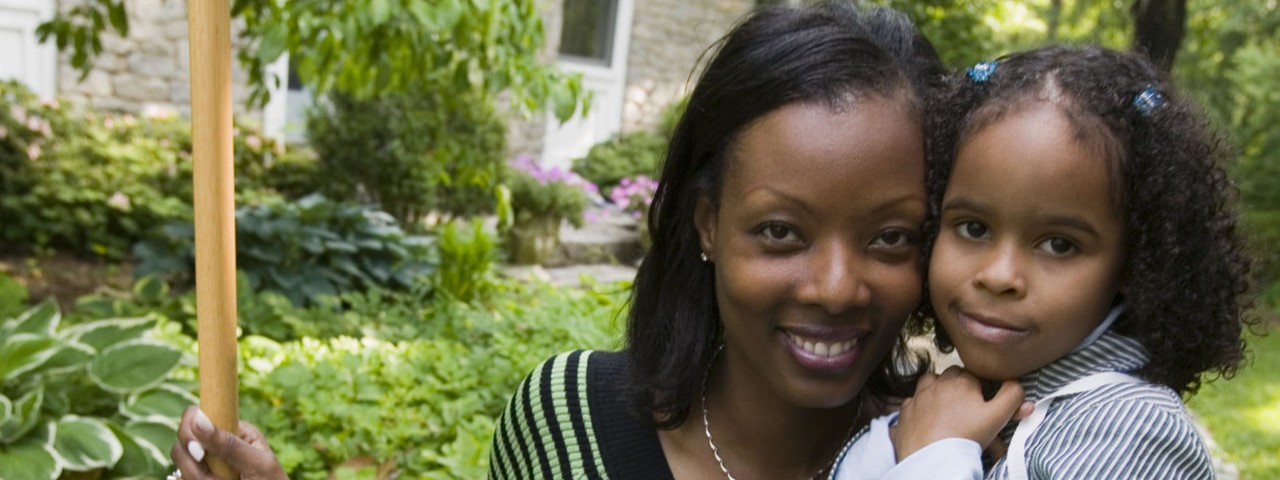Learning More about Social and Emotional Development
- Tweet

Parents with young children should consider adding one more thing to their (never-ending) to-do list: learn more about early social and emotional development.
Social & emotional skills help your child grow up healthy, happy and well-adjusted! Tweet this!Why is this so important? Social and emotional development begins in the first year of life, so it is strongly affected by a baby’s relationship with parents and caregivers. Social and emotional skills help your child become a healthy, happy, well-adjusted child. By understanding social-emotional development, parents can help children succeed.
What kinds of parenting practices support healthy social-emotional development? Evidence from research shows that kids benefit when parents are sensitive to their child’s emotions. Be responsive to your infant’s cues. Pick her up when she cries, soothe her, and pay attention to what she wants — is it milk or a nap? Get to know your baby’s language through her coos, cries, and other signals.
Similarly, it’s good to respond quickly and in a comforting way when your infant expresses the need for safety, protection, and comfort. Parents’ responses should match their baby’s cues: respond positively to smiles, and use a soothing, calm voice when he or she is crying or fussy.
Support your child’s autonomy, especially as he or she approaches the toddler stage. Children learn by doing. It can be tempting to immediately jump in when your toddler can’t figure out how something works but she’s learning by repetition. Encourage her independence by allowing her to have supervised, but unstructured playtime where she decides what materials to play with and let her figure out on her own that the big pot can’t fit inside the smaller one!
Provide a stable, supportive environment with daily routines. Set up a consistent bedtime or mealtime routine — for example, every night give your little one a bath, read a book, sing a lullaby and kiss him goodnight. Setting consistent routines will teach your toddler that his environment is safe and predictable, which in turn will help him to develop self-confidence and self-control.
Use constructive strategies (such as explanation and reasoning) when conflicts arise in the toddler years. Research suggests that these promote healthy social and emotional development better than harsher tactics. Be sensitive to your child’s emotions and explain why you’re asking him to behave in a certain way (“I know you’re frustrated but if you eat your dinner now, you won’t have a rumbling stomach when you get into bed”). This helps him understand emotions and provides a foundation for learning about different perspectives in the future.
Helping your kids be comfortable with themselves and capable in their interactions with others sets them off on a path toward success in school, at work, in relationships, and in finding happiness and contentment.
If you resolve to nurture with knowledge, your child will thrive.
Over the next few months, we’ll explore the building blocks of social-emotional health: temperament, attachment, self-regulation and social competence. In the meantime, you can find more information about how to enhance your little one’s social-emotional development here.
